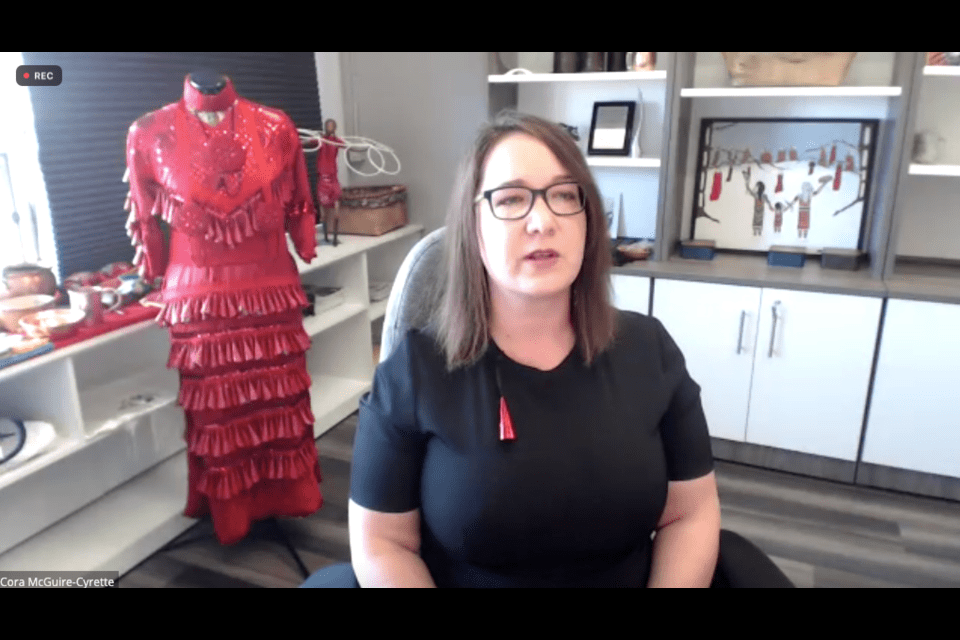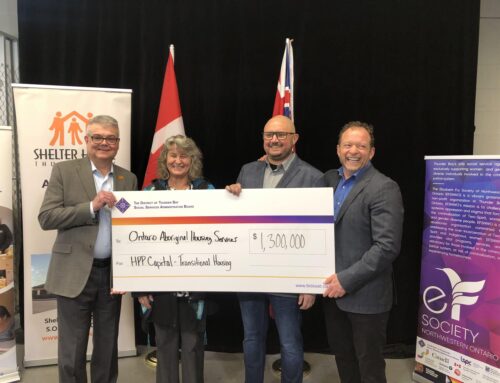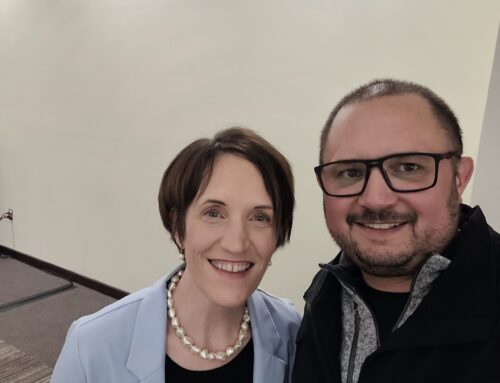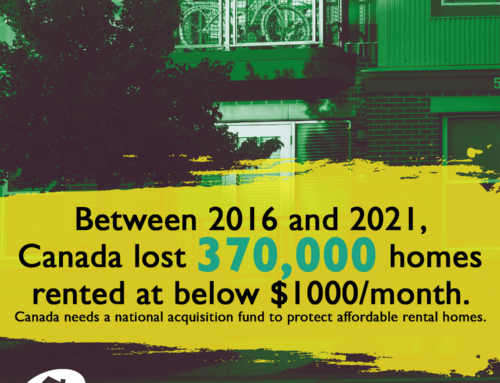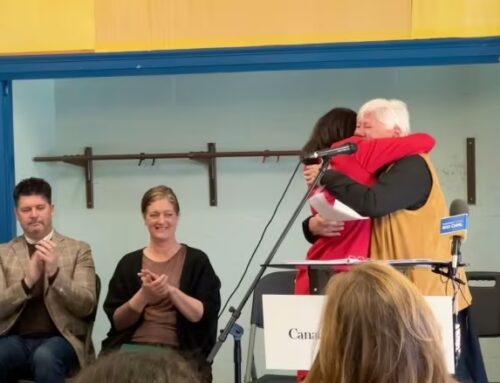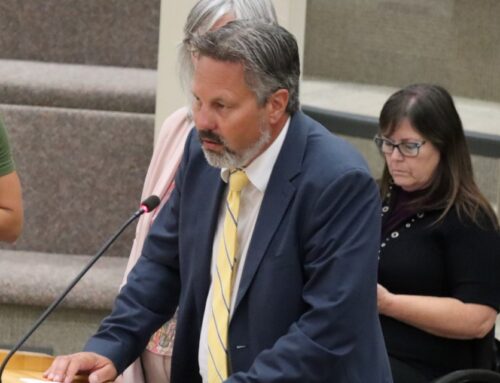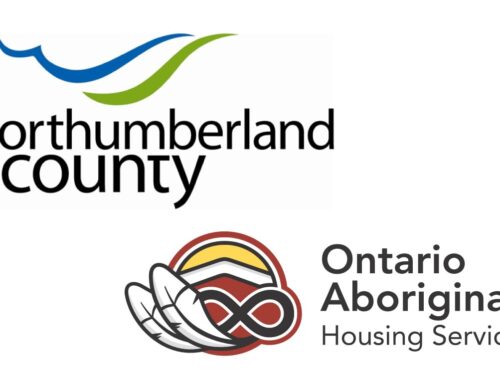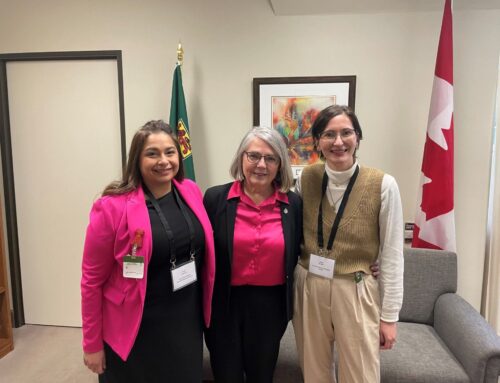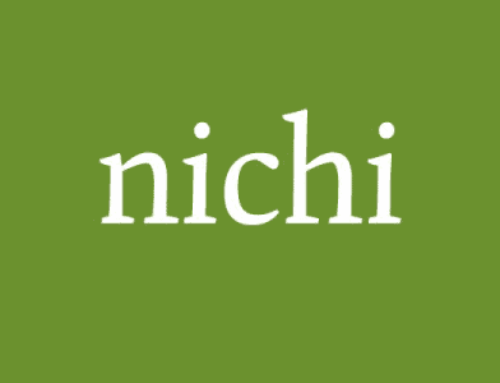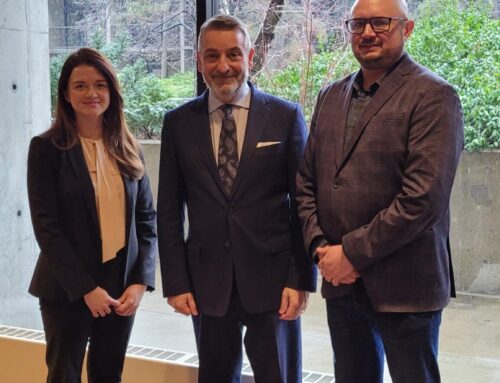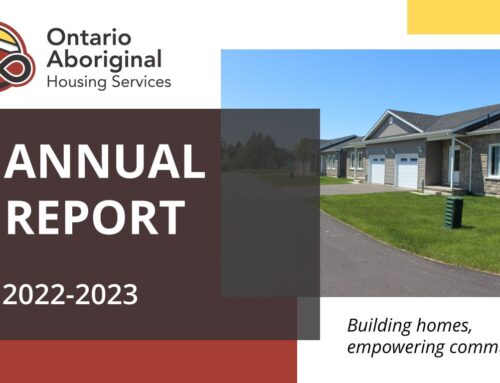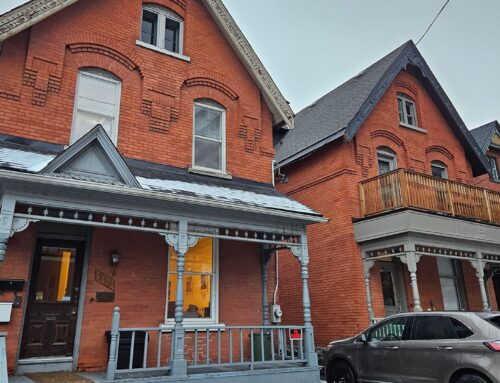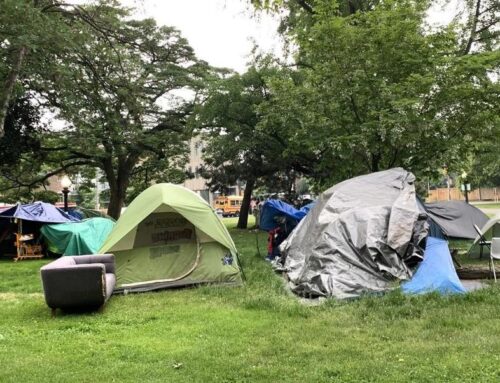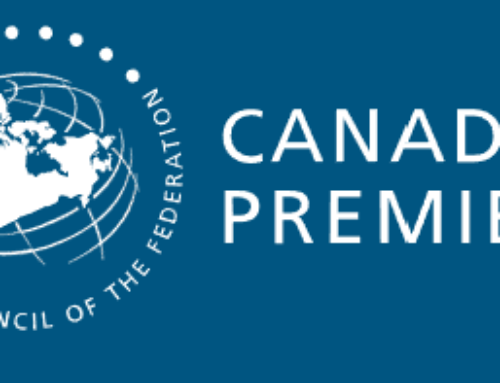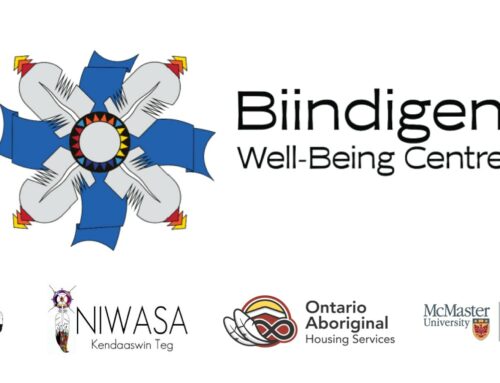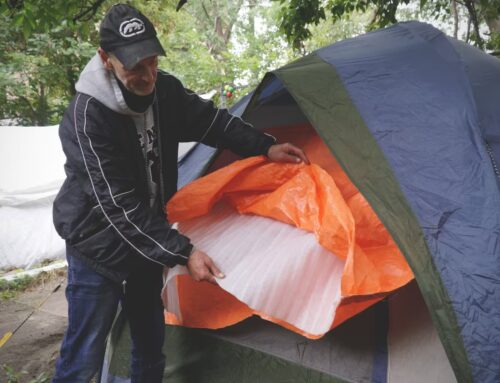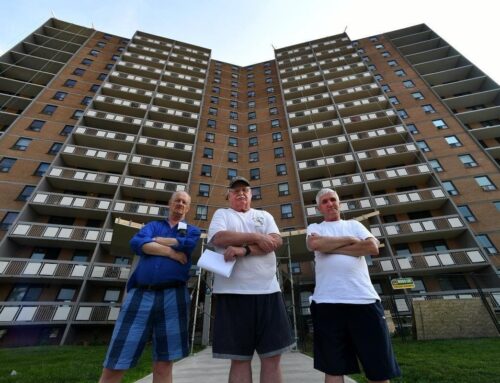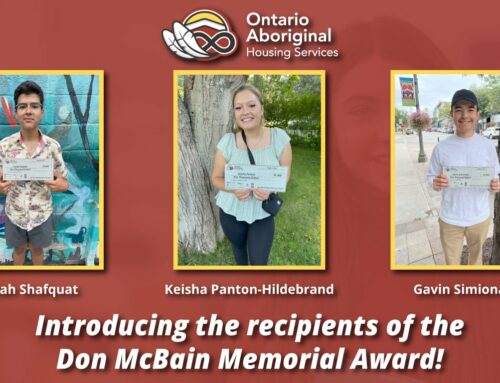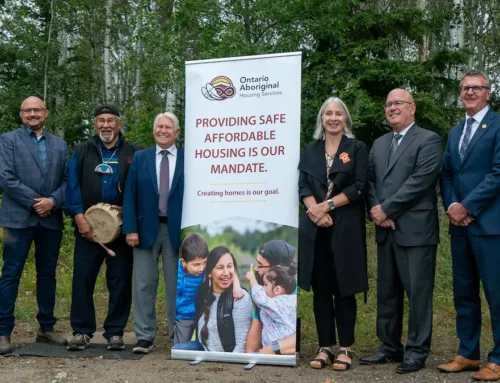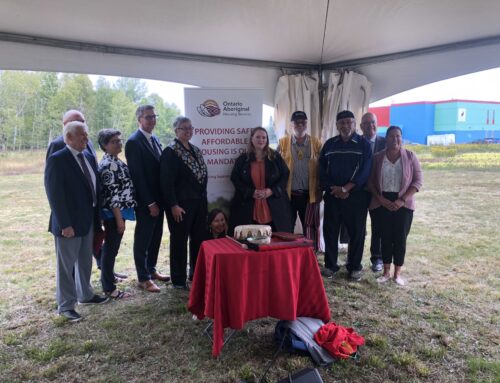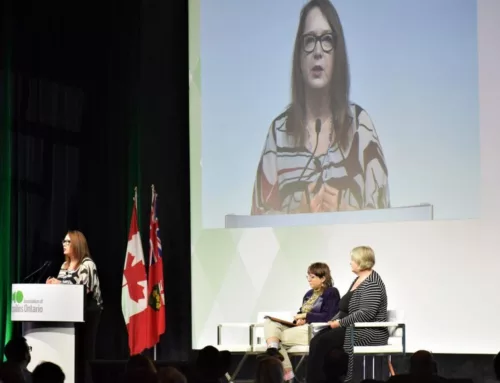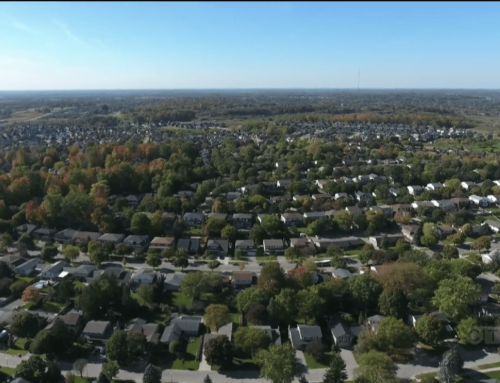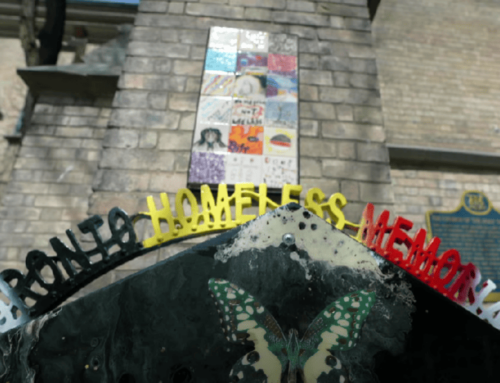Published on: June 4, 2021
At the June 3 launch of a National Action Plan, part of the investigation into the issue of Missing and Murdered Inidgenous Women and Girls (MMIWG), Prime Minister Justin Trudeau held what he referred to as a sacred bundle, the Final Report of the Truth and Reconciliation Commission (TRC), wrapped in a traditional cradleboard.
He spoke of voices finally being heard, and to “accepting the findings of this report, including the description of genocide.”
As he spoke he made a promise to listen, to follow Indigenous-led actions, and thanked those present for the hard work they had put into the National Action Plan, just released.
However, not everyone is as pleased with the National Action Plan. In fact, many would dispute one word in particular, ‘action’.
“This is not a national action plan,” said Shelaugh Day of Femist Alliance for International Action, one of the speakers at the media advisory held in response to the launch of the National Action Plan. “An action plan has who, what, where, when,” said Day. “We were expecting concrete actions, resources, and responsibilities. This is a restatement of calls, but not much else.”
Though many present at the launch of the plan, including a visibly emotional Carolyn Bennett minister of Crown/Indigenous Affairs, as well as representatives from several Indigenous organizations that advised the creation of the plan offered words of praise to the prime minister, thanking him for listening and moving forward on many of the calls to action, there were others who spoke to feeling left out, once again.
…
Also left out are hundreds of organisations that work directly with Indigenous women and girls, says Dr. Dawn Lavell-Harvard, president of the Ontario Native Women’s Association (ONWA).
In fact, all of the women’s organizations represented that reacted to the National Action Plan were not included in the list of groups developing it, including ONWA, the Quebec Native Women’s Association, the Feminist Alliance for International Action and the Union of B.C. Indian Chiefs.
…
Lavell-Harvard of ONWA said another key point missing is a focus on prevention.
“Addressing the needs of the families and survivors through a National Action Plan that does not have a focus on prevention will never break that cycle.”
Lavell-Harvard said there is still a need to listen to the survivors who were not chosen to add to the plan, and to restore a balance based on Indigenous women’s leadership.
“We need to heal,” she said, holding back tears. “And it’s going to take time.”
Cora McGuire-Cyrette, executive director of ONWA, stated her thoughts clearly in a release from the organization.
“The National Action Plan speaks of systemic racism and colonialism, but forgets to address immediate safety needs, sexism, patriarchy and their intersectional natures. Indigenous women go missing and are murdered because they are Indigenous and because they are women. We expected a National Action Plan to provide concrete solutions to this violence.”


